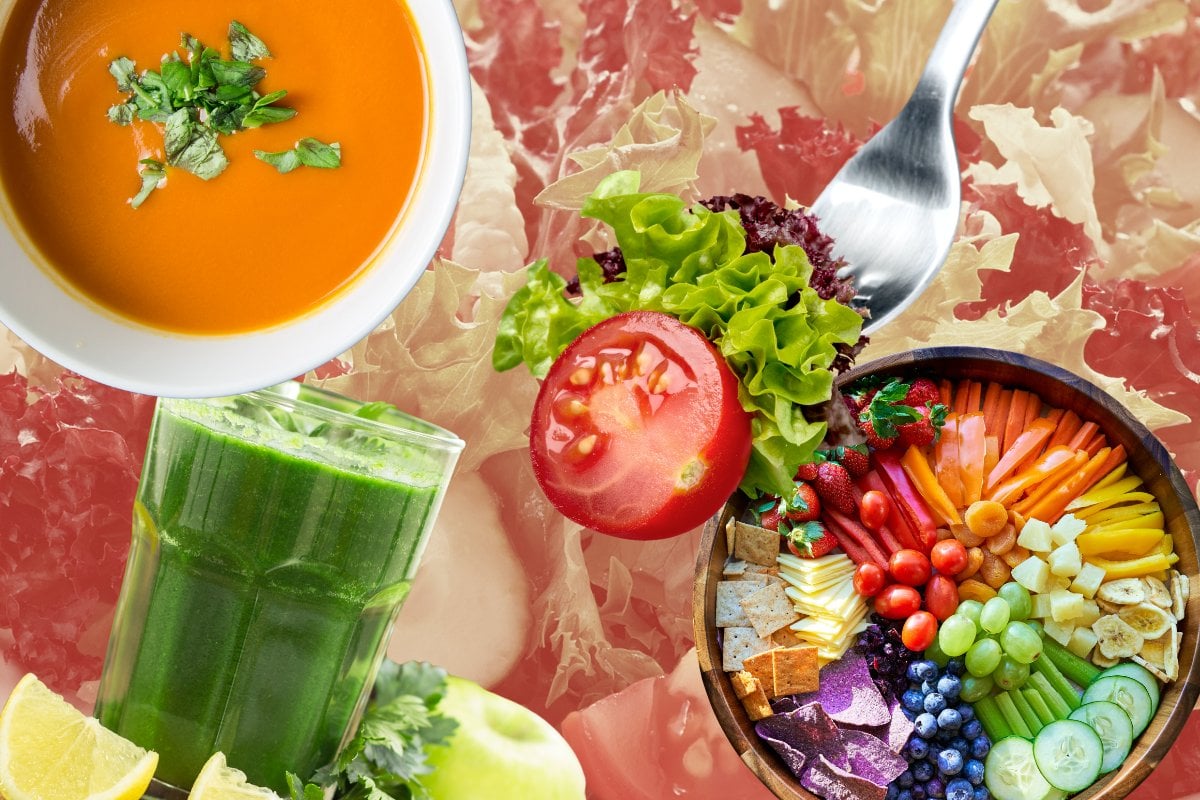
Eating is tricky to think about. It's politicised, scrutinised, and moralised almost to the same extent that sex is. But the thing is, you don't have to have sex every day.
Speaking as a woman who is dedicated to the cause of eating very, very well but also suffers from a chaotic case of hot-girl IBS, I would say I am forced to think about food perhaps a little more than the average person.
This also makes me quite sceptical about the messaging around food that we tend to receive from friends, family, and social media. And it's become increasingly obvious to me, through a lot of talking and scrolling, that our understanding of 'healthy eating' can still be wildly skewed – and 'clean eating' is still the dominant force that's pushing us all off track.
It's highlighted to me by conversations in which women are congratulated by friends for completely dropping meat or dairy, by gloating friends slaving over tofu cheesecakes with date and nut bases and "no refined sugars", or extremely tired-looking people reporting proudly that they haven't touched a carb in days.
We've all been indoctrinated by years of 'clean eating' influencers shoving chia puddings, smoothies and quinoa down our (literal and figurative) throats. Bone broth, coconut oil, and green juices still have a violent stranglehold on our understanding of what it means to be 'healthy'.
Watch: Sarah Wilson gets real about her 'crazy diet'. Post continues after video.


Top Comments